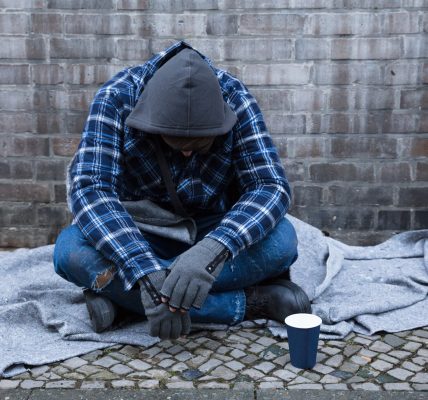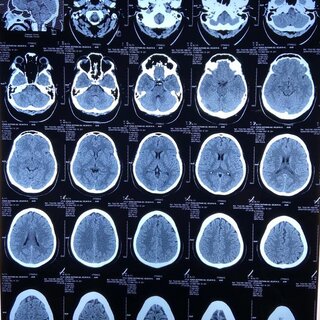In-Home Addiction Treatment Programs Thrive

The COVID-19 pandemic answered the question of whether we can provide effective treatment for substance use disorders without the need for in-person visits to a clinical setting or in-person therapy sessions. The answer is not only “Yes,” but also we can achieve superior results using at-home substance use disorder care.
Aware Recovery, headquartered in Connecticut, just closed a $3.5 million round of funding for the expansion of its in-home substance use disorder treatment program which currently operates in eight states beyond Connecticut: Florida, Georgia, Indiana, Kentucky, Maine, Massachusetts, New Hampshire, Ohio, and Virginia.
The fast-growing company was founded by Yale University doctors in 2011 and secured Series-A funding of $22 million in 2021. That was followed by another $35 million in Series-B funding in 2023. The company’s goal is to:
[P]rovide medically integrated behavioral healthcare that addresses the root causes of addiction, not just the symptoms of it, and to provide ongoing support to clients as they navigate the challenges of recovery.
The company offers services in the areas of alcohol use disorder, opioid use disorder, and a variety of other use disorders, including cocaine, methamphetamine, and synthetic opioids. Upon referral, the company initiates an in-home assessment by a nurse/social worker care coordinator and two client recovery advisors.
The care coordinator secures a psychiatric evaluation, if recommended, and prepares a customized plan for recovery. Recovery advisors then implement the plan with weekly patient conferences and maintenance of a progress report. Recovery advisors will administer drug screenings, if required, and facilitate access to prescriptions.
Virtual talk therapy is part of the program. Sessions are conducted by a psychotherapist and include subjects such as managing stress, dealing with negative thoughts, and strengthening self-esteem. Patients learn about goal setting, monitoring progress, and dealing with setbacks. Family members and caregivers are recruited to provide support for the patient during recovery.
The results highlighted on Aware Recovery’s website are very attractive:
- 63% completion rate for treatment is — more than double the industry average
- 78% of patients remain drug- and alcohol-free six months post-treatment
- 87% remain engaged with a primary care physician six months after treatment
- 95% of patients report improvement in relationships with family members
Aware Recovery partners with insurance providers Aetna, Tufts, and Anthem. It is pursuing partnerships with state governments, private employers, and accountable care organizations.
A small study conducted by Maryland Treatment Centers found that in-home addiction treatment for opioid use disorder worked as well or better than clinical treatment. The study involved 14 young adult men (mean age = 20.5) receiving at-home treatment including naltrexone against a group of 21 young men who received in-clinic care. The in-home group stayed in the program longer, on average, and attended the same number of therapy sessions as the on-site group.
In a recent article on AddictionNews, we covered positive developments in funding for telehealth addiction recovery services. Every day, we read about several new addiction treatment facilities opening or reopening somewhere in the United States. Every day, grants are awarded to advance addiction research. Every day, new studies are released, expanding the body of knowledge into causes and cures for addiction. Stay tuned to AddictionNews, and we will bring you all the latest developments.
Written by Steve O’Keefe. First published July 30, 2024.
Sources:
“In-Home Addiction Provider Aware Recovery Raises $3.5M,” Behavioral Health Business, July 24, 2024.
“Home-based delivery of XR-NTX in youth with opioid addiction,” Journal of Substance Abuse Treatment, February 2018.
Image Copyright: khosrork.




